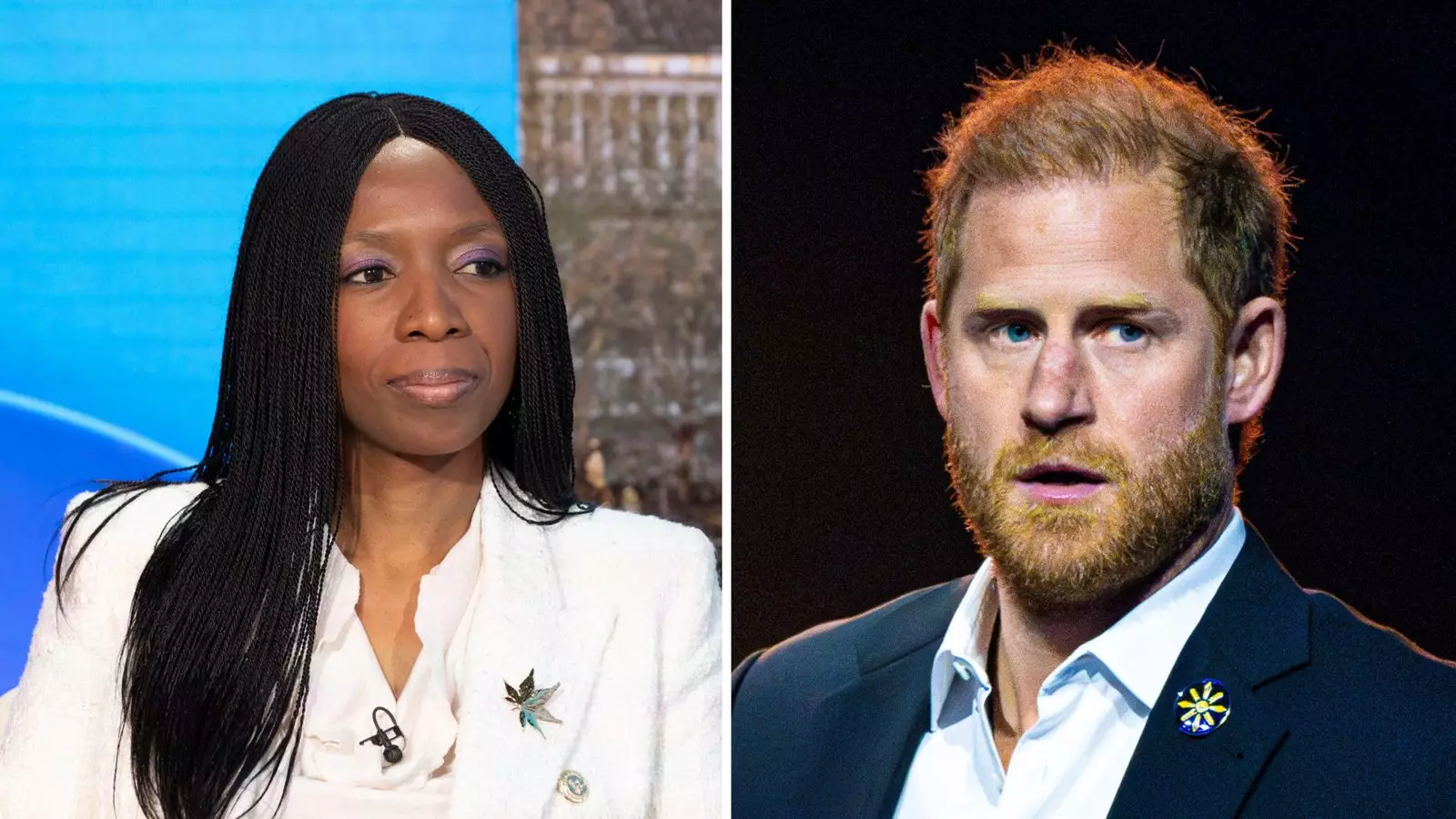Charitable organizations, particularly those with deep personal foundations like Sentebale, are often viewed as bastions of hope and altruism. Yet, when conflicts erupt among leadership, the repercussions extend far beyond internal disagreements. The recent fallout between Sophie Chandauka and Prince Harry exemplifies how personal ambitions, misunderstandings, or strategic disagreements can threaten the very essence of a charity’s mission. It’s worth questioning whether the intense media coverage and public disputes serve the charity’s interests or simply tarnish its reputation and undermine public trust. Instead of serving as a catalyst for reflection and reform, such conflicts often become distractions, sowing doubt among donors, beneficiaries, and the wider public about the stability and integrity of the organization.
The moral failure lies not only in the clash itself but in the way it was handled—through escalating statements, interviews, and a courtroom-like public airing of grievances. This spectacle exposes a dangerous reality: when personal stake and external scrutiny collide within the space of healing and social change, the result can be catastrophic. No matter the backing of noble causes, leadership conflicts must be managed discreetly, with a focus on safeguarding the organization’s core purpose. Otherwise, stakeholders risk abandoning long-held trust under the weight of internecine battles, risking the decline of vital programs, especially those addressing urgent global health crises like HIV/AIDS.
The Role of Regulatory Bodies and Their Limitations
The Charity Commission’s intervention in Sentebale’s turmoil offers a sobering lesson on the limits of regulatory oversight. Their verdict, which essentially penalized both sides for public misconduct without declaring a clear winner, reflects the complex reality of governance disputes. But pinpointing blame in such emotionally charged situations is inherently problematic. The regulator’s admonition about “point scoring” and “public airing” highlights a fundamental dilemma: how do you regulate human relationships that are driven by passion, ideology, and deeply held values?
While the Commission managed to issue a slap on the wrist, it appears clear that systemic issues remain. The fact that no decisive accountability was established raises concerns about the efficacy of such regulatory processes. Are they genuinely designed to promote harmony and organizational health, or are they simply reactive mechanisms that lack the teeth to prevent personal conflicts from sabotaging the broader mission? Ultimately, regulation alone cannot address underlying disputes rooted in leadership egos, differing visions, or the emotional weight attached to legacy charities. Without internal conflict resolution mechanisms, these organizations remain vulnerable to self-destruction—an outcome that can undermine decades of goodwill and credibility.
The Battle for the Soul of a Noble Cause
At its core, Sentebale was more than just a charity. It was a symbol of hope, born from a shared love and respect between two men striving to honor their mothers and uplift vulnerable youth. This deeply personal origin gave the organization its resilience and purpose, compelling contributors and beneficiaries alike. As conflicts threaten to eclipse this legacy, the critical issue becomes whether the organization’s future can be salvaged or if the damage is irreparable.
Prince Harry’s continued influence in the realm of HIV/AIDS advocacy and mental health support underscores the importance of genuine leadership rooted in service. Yet, the ongoing discord raises uncomfortable questions about how personal power dynamics influence charitable missions. Does a focus on individual reputation and internal disputes obscure the collective goal of serving vulnerable populations? Or, conversely, is this turmoil a necessary catharsis for authentic renewal? My assessment leans towards the former: the organization’s mission should be shielded from personal vendettas. The community that benefits from Sentebale deserves transparent, harmonious leadership committed solely to its service.
In the wake of the recent upheaval, the organization should embrace a sober reflection on its founding ideals. The founding fathers’ vision—to help children facing the worst consequences of AIDS—must remain the guiding light. The true test lies in whether those currently involved can set aside personal grievances and focus on healing the organization’s fractured identity. As Sentebale moves forward under heightened scrutiny and possible regulatory oversight, there’s a deeper, moral question: can the organization restore not just its reputation but also its integrity? The answer lies in prioritizing genuine reconciliation over branding battles, reminding all stakeholders of the fundamental purpose that once united them.


Leave a Reply